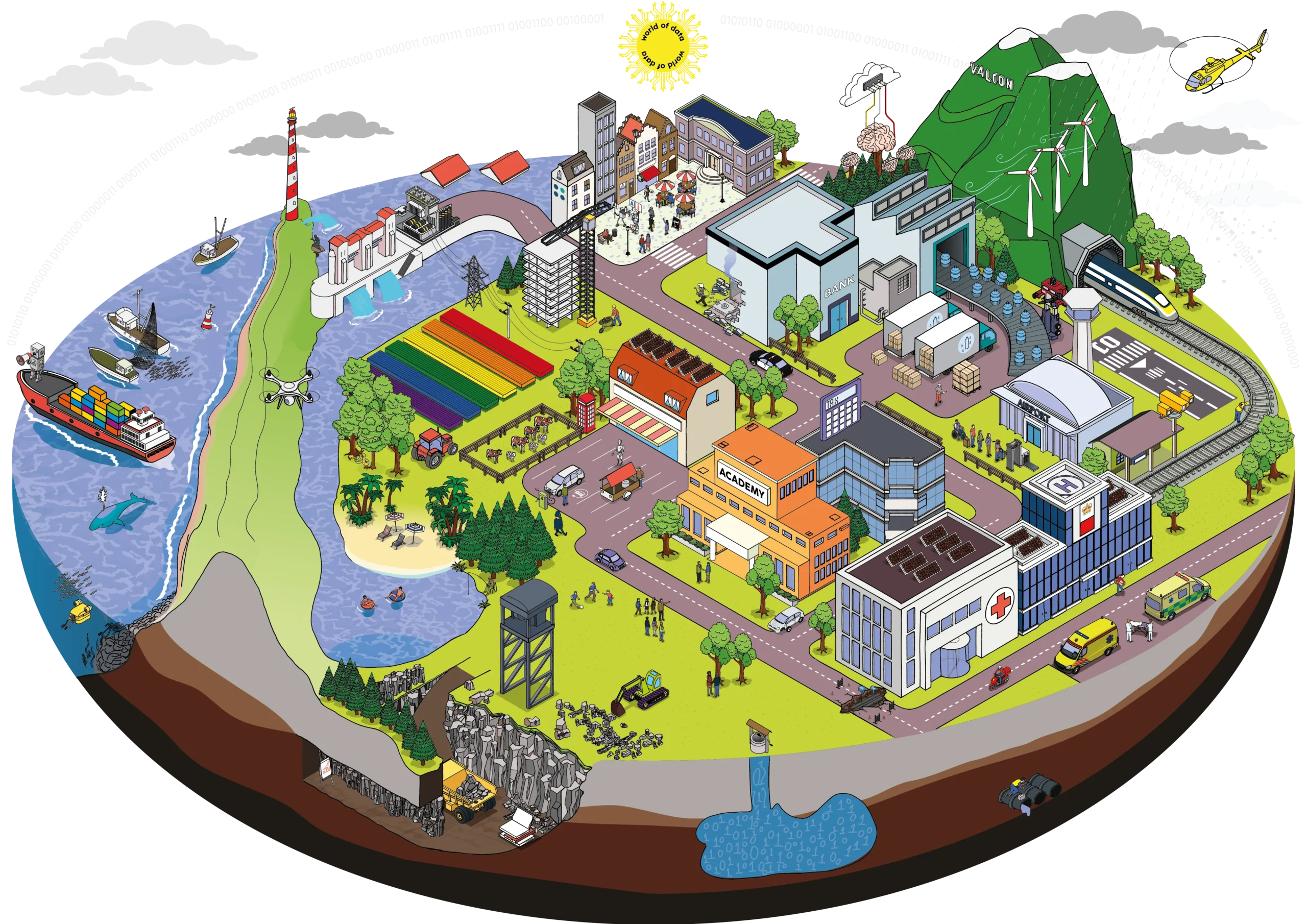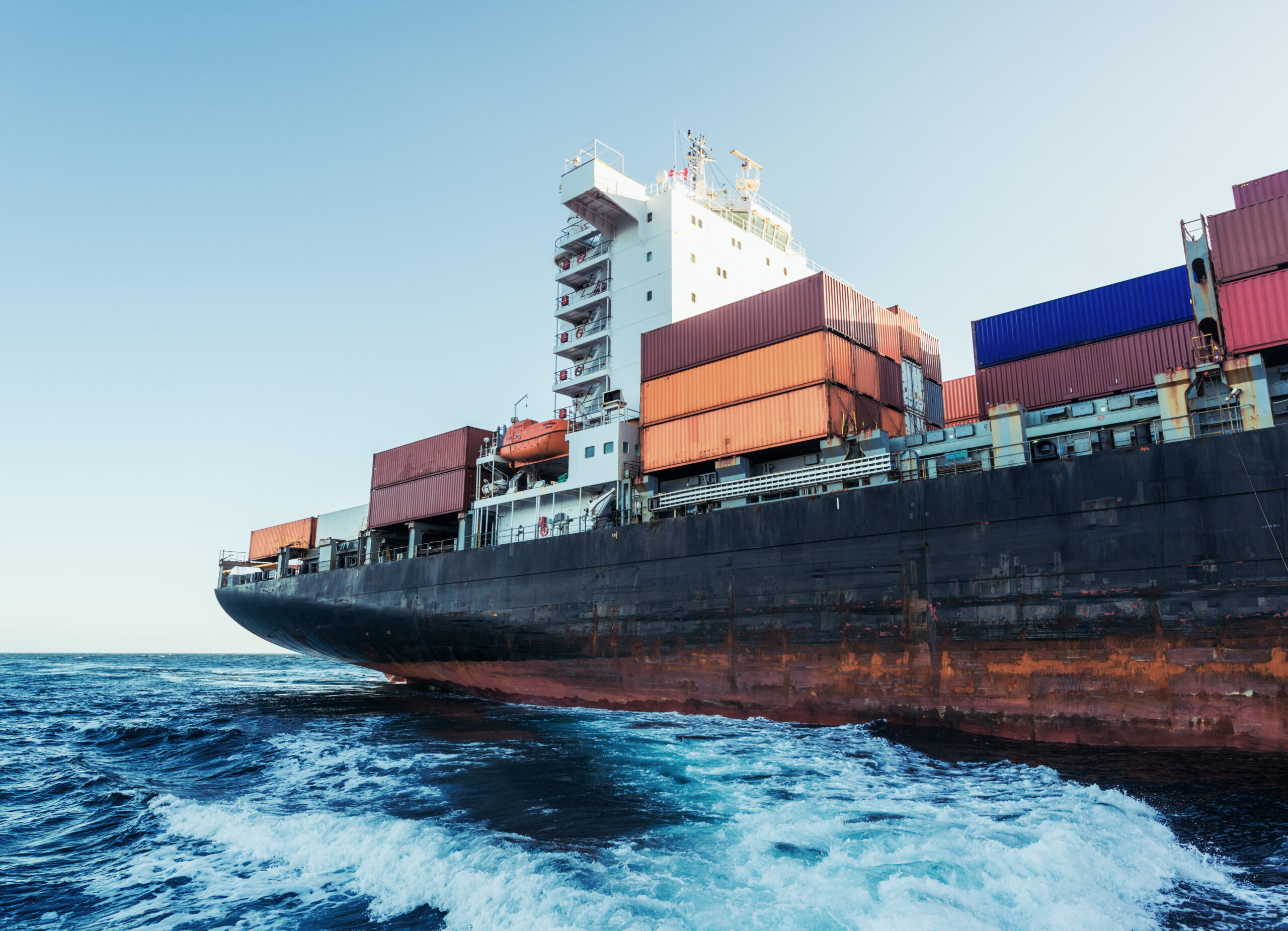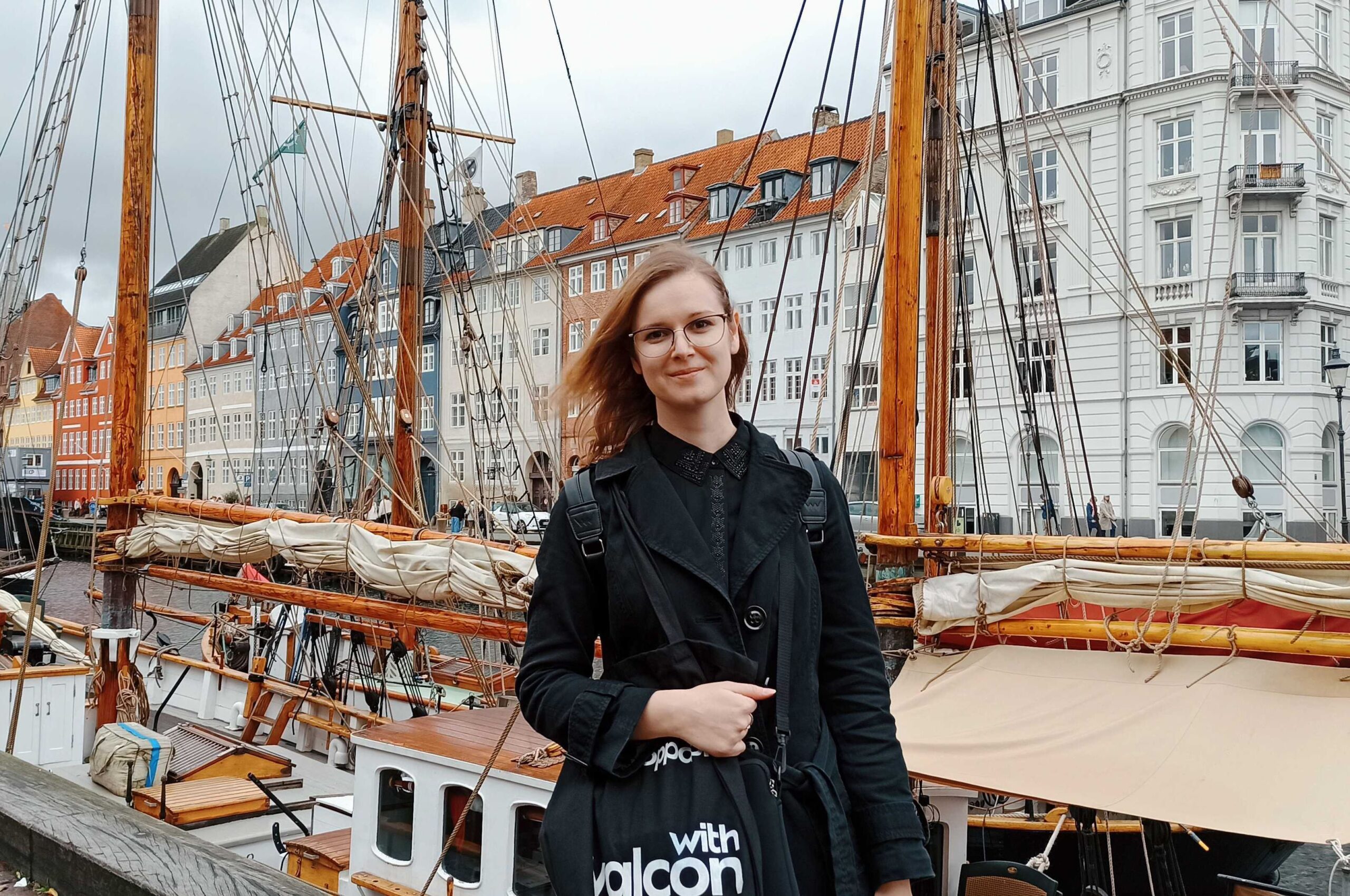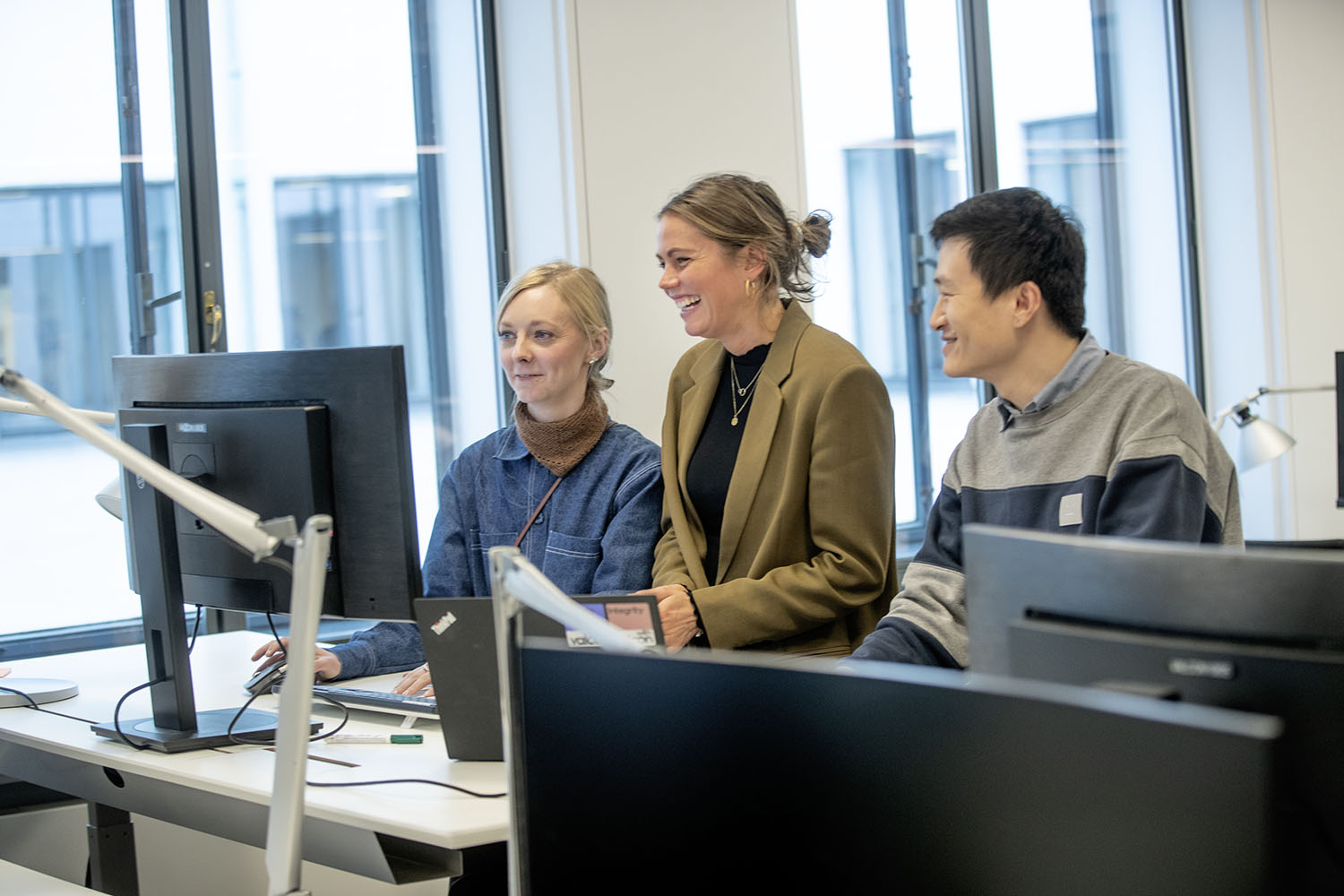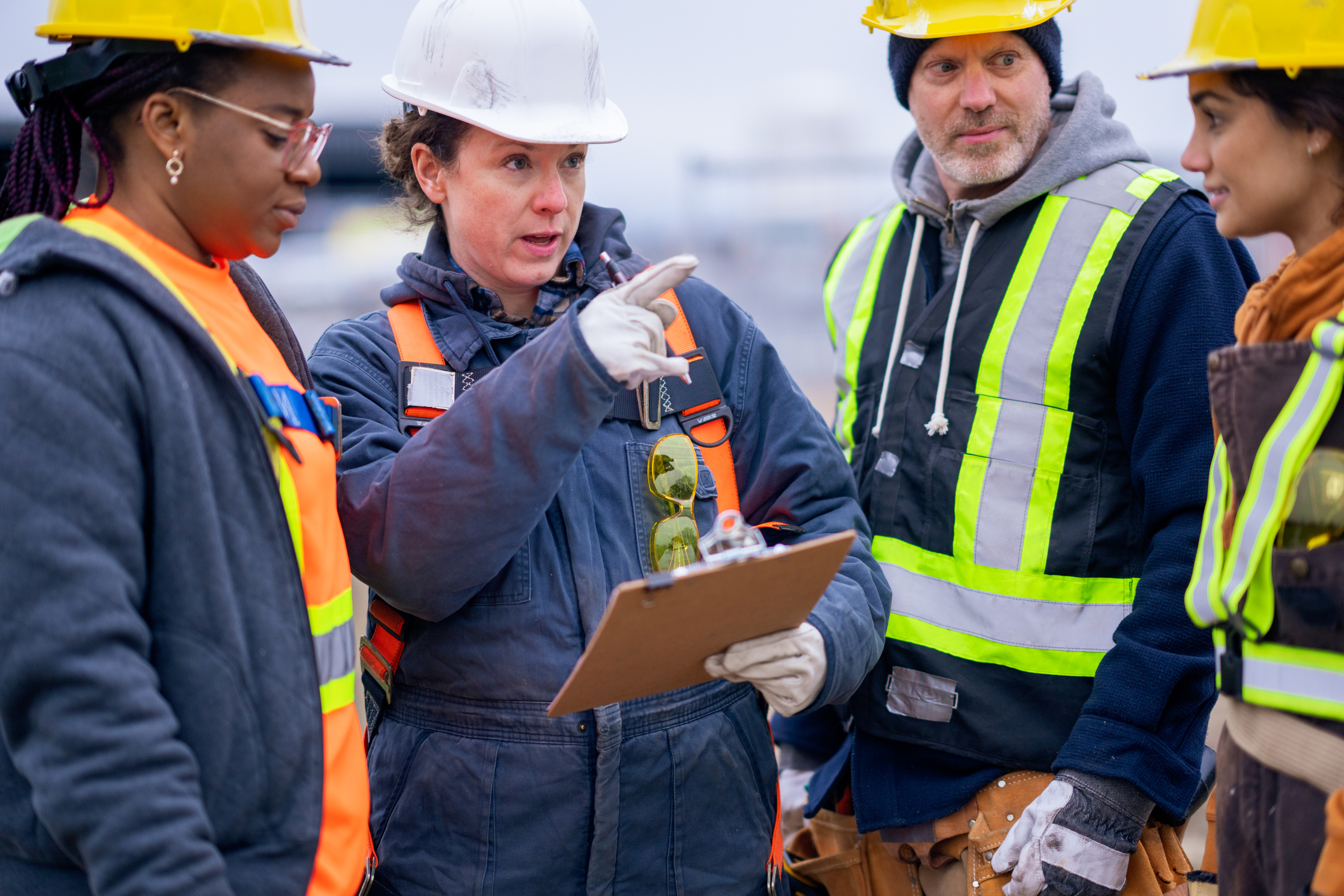Ron Kolkman has been the CIO of Rijkswaterstaat (RWS) for three years and is responsible for data, information provision, and industrial automation. Previously, he spent seven years in IT at the Ministry of Defence and held senior roles at the Cadastre and the Judiciary. Raymond Knops, former State Secretary for the Interior and Kingdom Relations, was responsible for digital government during his time in office. He is now a partner at Valcon and emphasises how digitisation and security have been consistent themes throughout his career. Both men share a background in IT and public service. In this interview, they discuss technological developments at Rijkswaterstaat, Valcon, and across the public sector.
More work, fewer civil servants
The challenges facing Rijkswaterstaat are significant. Bridges, tunnels, and roads are ageing more quickly than they can be renewed, while the demand for maintenance continues to increase. “We need to perform 25% more work with the same number of people, and extend the lifespans of bridges and viaducts,” explains Ron Kolkman. Digitisation offers a solution.
A striking example is the use of drones and sensors to detect oil spills in Dutch ports. Currently, RWS deploys drone teams to capture aerial images of oil spills, which experts then examine manually to determine a clean-up strategy. This process is time-consuming, so Valcon assembled a team of data experts to enhance data quality and use AI to identify spills more quickly.
Collaboration at RWS
Digitisation is not a solo effort. When RWS faces a challenge in its core operations, so-called ‘High Fives’ are organised – intensive five-day sessions where colleagues from business and IT co-develop solutions. These sessions contribute significantly to the success of IT projects, Kolkman notes. A good example is the use of AI on analogue drawings of viaducts and bridges. A database was created, complete with a chat function, enabling employees to instantly access all relevant information, fostering a culture where innovation is central.
Cybersecurity: the invisible guardian
As systems become more vulnerable, cybersecurity becomes increasingly vital. Rijkswaterstaat is heavily investing in the security of its networks and systems. “Cybersecurity is constantly on RWS’s agenda,” says Kolkman. Knops recognises this from his work at Valcon: “There are always threats and attacks—because you are implementing critical government operations.” While RWS handles less privacy-sensitive data than, for instance, the Tax Authority, ethical considerations remain key. In applications like automatic number plate recognition in tunnels, strict privacy regulations are followed. “Not everything that is technically possible is also desirable,” emphasises Knops. Government organisations must strike a balance between efficiency and ethics, particularly when sharing data with commercial partners.
“Within four years, 85% of infrastructure must be managed in a data-driven way.”
AI and data-driven working: the future of RWS
RWS has been cautiously applying AI and machine learning for years, and is now moving into more advanced algorithms. One noteworthy example is the deployment of road inspectors to strategic locations where the likelihood of an accident is highest. This ensures roads are made passable more quickly. By leveraging various data sources, RWS can optimise the efficiency of its emergency response.
The human factor: cultural change and acceptance
Digitisation is not just a technical challenge – it’s a human one. “Of course, we can come up with brilliant ideas, but the employee must want it, be able to use it, and be willing to adopt it,” Kolkman notes. Valcon stresses the importance of change management. “By actively involving and exciting employees about innovation, we not only generate support, but also ensure that changes have real impact,” adds Knops.
Digitisation as a means, not an end
Rijkswaterstaat has set an ambitious vision for the future: within four years, 85% of infrastructure must be managed in a data-driven way. This implies deeper integration of AI, sensors, and other technologies.
But digitisation is not an end in itself. It is a means to ensure the Netherlands remains safe, liveable, and accessible. By leveraging smart technologies, fostering collaboration, and investing in people, Rijkswaterstaat demonstrates how innovation can transform the public sector.
The message is clear: deliver more with fewer resources – without compromising on quality or safety. That is the true power of digitisation.
Dutch iBestuur originally published the article under the name “De digitale transformatie van Rijkswaterstaat“. You can read it here.
